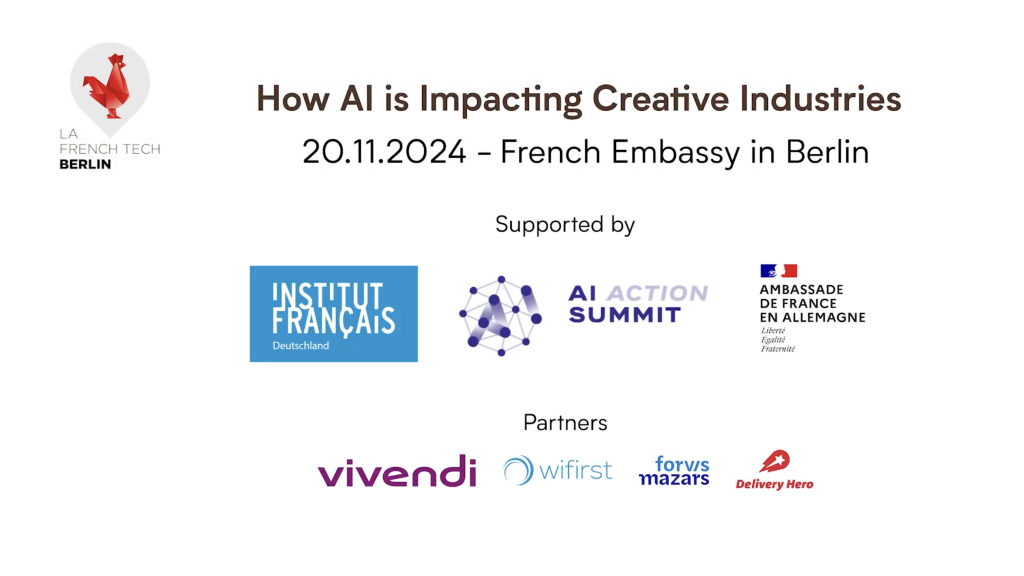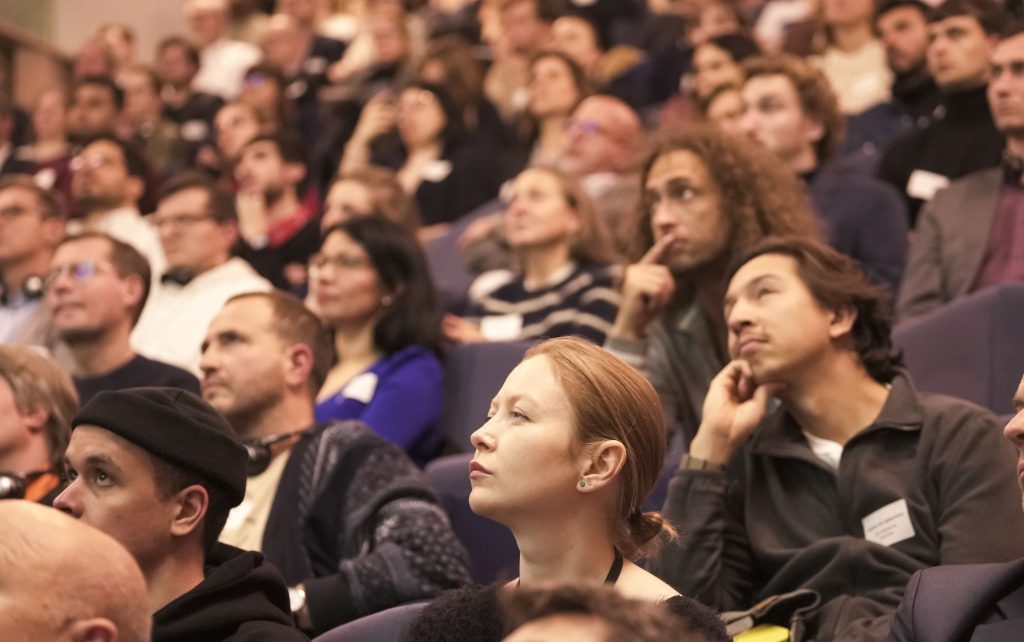On November 20, 2024, a remarkable gathering at the French Embassy in Berlin brought together press publishers, AI researchers, regulators, startups, and collective rights management organizations from France and Germany. The agenda? Tackling the profound and disruptive effects of artificial intelligence on journalism and the creative industries.
As the world increasingly relies on AI, its impact on democratic values, press freedom, and economic fairness has become a critical topic. The key insights from this discussion reveal the urgent need for robust action to protect press publishers’ rights, ensure transparency, and develop a uniquely European model for AI.
AI and Democratic Values
AI, as a tool, must be shaped to align with human values. Yet, the meeting highlighted how current practices undermine this potential. The opportunistic exploitation of journalistic content by AI systems, often without authorization or transparency, has jeopardized the rights of press publishers and the broader journalism value chain. The result? A concentration of market power in the hands of a few dominant players, leaving democracy vulnerable to misinformation.
The call to action: Europe must intensify collaboration among regulators, publishers, and researchers to safeguard democratic values while innovating responsibly.
Challenges for Press Publishers
The 2019 European Copyright Directive offered a legal framework to protect press publishers, but its application faces significant hurdles:
- Resistance from platforms: Large digital and AI companies often resist recognizing or negotiating fair rights for press content.
- Unilateral proposals: Platforms offer insufficient and fragmented remuneration.
- Transparency gaps: The sources used to train AI models remain opaque, and algorithmic biases go unchecked.
In France, the Competition Authority has taken bold steps by penalizing platforms for neglecting press publishers’ rights. However, harmonized competition laws across Europe are essential for lasting solutions.
Transparency and Regulation
The lack of transparency is a recurring theme. AI training sources are often undisclosed, and end users are unaware of biases in generated content. To address this, the working group proposed:
- Accountability for AI systems, potentially granting them legal status as press publishers.
- Development of models to track the use of journalistic content.
- Strengthening regulatory frameworks to ensure transparency at every stage.
Economic and Cultural Stakes
The economic imbalance caused by AI is stark. Major platforms profit immensely from press content, often leaving creators inadequately compensated. To remedy this, the group advocated for:
- A European data licensing market.
- Remuneration models that reflect technological realities.
- Harmonized competition laws to level the playing field.
A Distinct European Model
Europe stands uniquely positioned to build an AI ecosystem rooted in its cultural and democratic values. Unlike the market-driven American model or the state-driven Chinese approach, Europe’s model can:
- Leverage its cultural and technological assets.
- Build infrastructure for content authentication and traceability.
- Commit to pluralism, combating misinformation while supporting a robust digital ecosystem.
Franco-German collaboration emerged as a linchpin for this vision, with a proposal to create a European Observatory to assess AI’s impact on the cultural economy and harmonize regulations.
Urgency and Outlook
The message from Berlin was clear: Time is running out. Europe must act swiftly to:
- Enforce the AI Act with clear principles on copyright, training data transparency, and fair remuneration.
- Foster cooperation among EU Member States to share resources and develop technological tools that respect democratic rights.
- Establish a Franco-German alliance as the foundation for a broader European response to global challenges.
Conclusion: A Vision for the Future
The creative industries are at a crossroads. Europe’s opportunity lies in developing an ambitious regulatory framework that protects its values while encouraging innovation. By prioritizing transparency, fairness, and collaboration, Europe can set a global standard for responsible AI integration.
Let’s seize this moment to build a future where AI serves humanity, democracy, and creativity. Join the conversation—how can we all contribute to shaping this vision?
#AI #Journalism #CreativeIndustries #Europe #Regulation #Innovation




